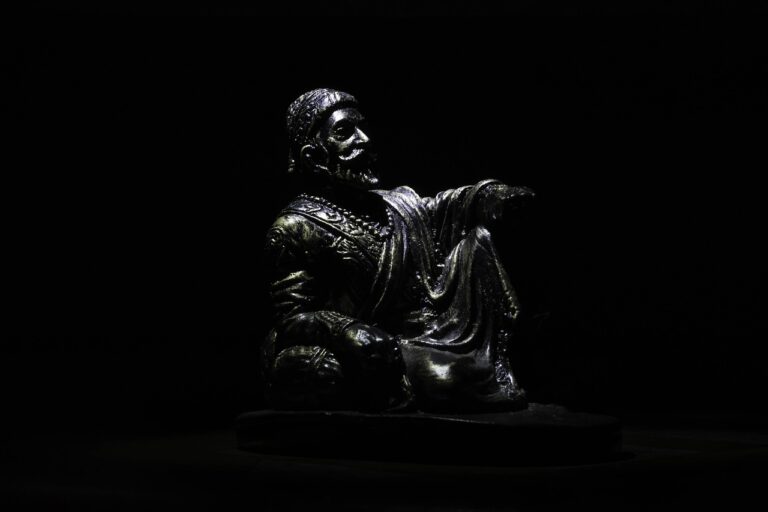The Ethics of Social Media Monitoring in Political Campaigns: 11xplay reddy, Laser 247 betting, Skylivecasino
11xplay reddy, laser 247 betting, skylivecasino: Social media has become a powerful tool in political campaigns, allowing candidates to reach a wide audience and engage with voters like never before. However, the practice of social media monitoring in political campaigns raises ethical questions about privacy, transparency, and manipulation.
1. The Importance of Social Media Monitoring
Monitoring social media can provide valuable insights into voter sentiments, preferences, and concerns. By analyzing conversations on platforms like Twitter, Facebook, and Instagram, political campaigns can tailor their messaging, target specific demographics, and respond to trends in real-time.
2. Privacy Concerns
One of the main ethical concerns surrounding social media monitoring in political campaigns is the issue of privacy. Some argue that monitoring individuals’ online activities without their consent is a violation of their privacy rights. Campaigns must be transparent about the data they collect and how it will be used.
3. Transparency and Accountability
Transparency is crucial in maintaining the trust of voters. Political campaigns should clearly communicate their social media monitoring practices and policies, including what data is being collected, how it is being used, and who has access to it. Candidates must be held accountable for how they use this information.
4. Potential for Manipulation
Social media monitoring can also be used to manipulate public opinion. By tracking and analyzing social media conversations, campaigns can target specific groups with tailored messaging designed to influence their beliefs or behavior. This raises concerns about the authenticity of political discourse and the potential for misinformation.
5. Regulation and Oversight
To address these ethical concerns, there is a need for regulation and oversight of social media monitoring practices in political campaigns. Government agencies, advocacy groups, and tech companies should work together to establish guidelines for ethical data collection and usage.
6. Balancing Innovation and Ethics
While social media monitoring offers unprecedented opportunities for political campaigns to engage with voters, it is essential to strike a balance between innovation and ethics. Campaigns should prioritize transparency, respect individuals’ privacy rights, and uphold the integrity of the democratic process.
FAQs
Q: Can social media monitoring help political campaigns reach more voters?
A: Yes, social media monitoring can help campaigns understand their audience better and tailor their messaging to reach a wider range of voters.
Q: Is social media monitoring ethical?
A: Social media monitoring can be ethical if conducted transparently and with respect for individuals’ privacy rights. Campaigns must be accountable for how they collect and use data.
Q: How can voters protect their privacy on social media?
A: Voters can protect their privacy on social media by adjusting their privacy settings, being cautious about what they share online, and staying informed about how their data is being used.
In conclusion, the ethics of social media monitoring in political campaigns require careful consideration and oversight to ensure that voter privacy is respected, transparency is maintained, and manipulation is avoided. By upholding ethical standards, political campaigns can harness the power of social media in a responsible and effective way.







